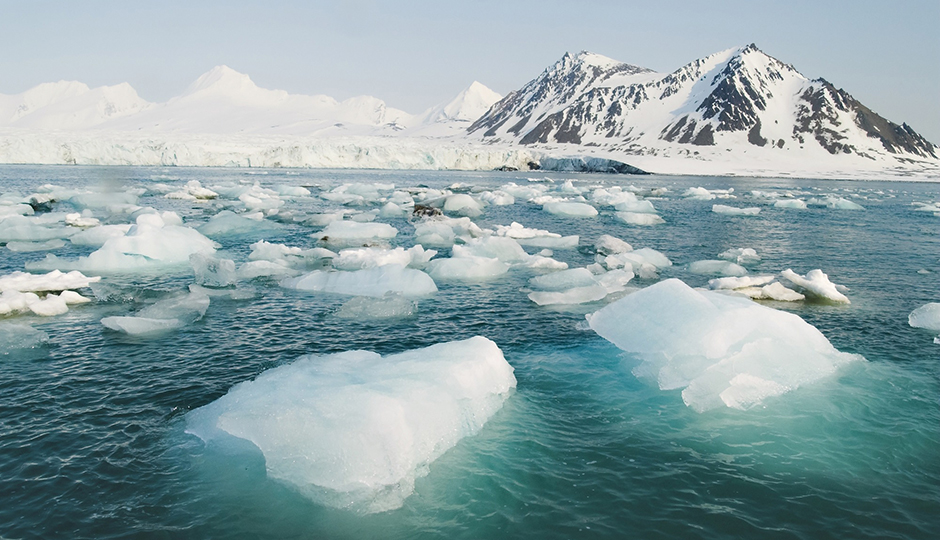The history of oil exploration and exploitation has demonstrated time and time again the risks that these activities pose to marine and coastal ecosystems. As long as fossil fuels are essential to man, we must understand the impacts of oil-related environmental disasters, since we are unable to control them. This is one of the major issues occupying ArcticNet, a Network of Centres of Excellence of Canada that brings together scientists from many sectors, northern communities and partners from various levels of government and industry.
The primary outcome of this scientific research is to assess the risks of oil exploration for Arctic ecosystems.
It all began in 2007, when the Ministry of Aboriginal Affairs and Northern Development Canada sold concessions to oil companies in the Beaufort Sea, an area potentially rich in light oil. ArcticNet called on the expertise of four Canadian universities and a federal research centre to ensure that each of the areas targeted for exploration was safe and preserved the sustainability and wealth of the surrounding marine ecosystems. The primary factors to be considered when determining site safety were the stability of the ocean floor and the sea-ice regime, in order to prevent the collapse of platforms. The portion of the project concerned with marine ecosystems is led by Louis Fortier of Université Laval, a specialist in zooplankton and marine fish population dynamics and the Canada Research Chair on the Response of Arctic Marine Ecosystems to Climate Change.
Louis Fortier has been studying Arctic cod and copepods, key components of the Arctic Ocean pelagic ecosystem that are responsible for up to 75% of the energy transfer between plankton and the vertebrate fauna (fish, seals, whales and marine birds). Given their importance, the slightest disturbance of their environment, whether due to climate change or the result of an oil spill, could lead to an imbalance in the entire food chain. Different aspects of this ecosystem have been examined, from zooplankton respiration to the transport of carbon and nitrogen in the Arctic sea bottom.
The primary outcome of this scientific research is to assess the risks of oil exploration for Arctic ecosystems. It is also helping to inform government decisions on oil exploitation, in a context where oil is a significant source of income. In addition, if the Arctic deposits are large enough, their exploitation could marginalize the extraction of crude oil from tar sands, which would reduce greenhouse gas emissions. This project has also allowed the development of a unique international expertise that could lead to new partnerships in other polar regions. Finally, if the Québec government should decide to explore the possibility of exploiting the oil reserves of the St. Lawrence River, the team that has been put together would be able to quickly carry out a study of the associated risks, since the conditions are very similar to those found in the Arctic.




